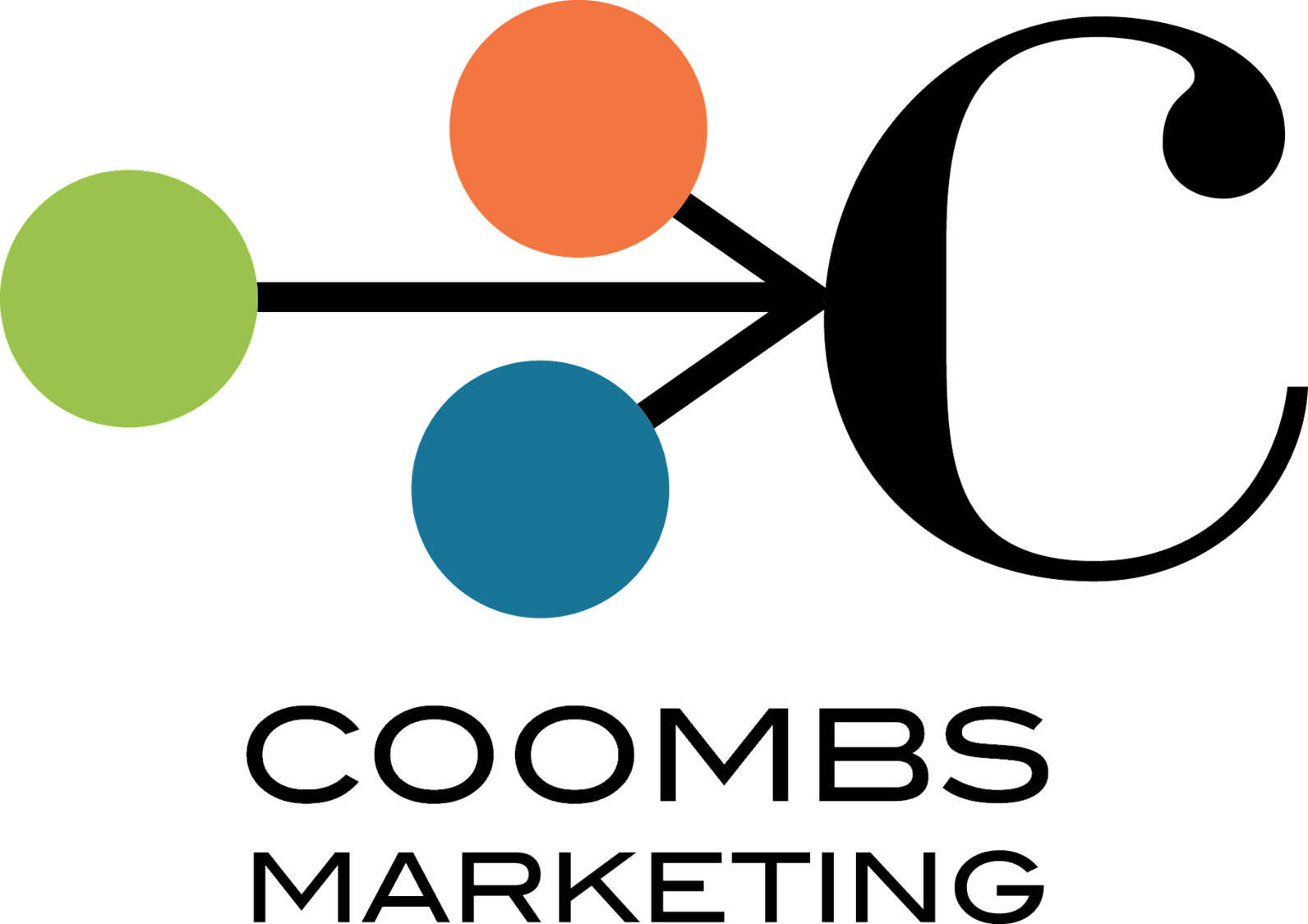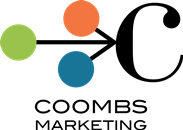This post is the 3rd of 5 posts discussing four digital sales essentials for small business.
1. Overview, 2. Mobile, Web, SEO, 3. Compelling Offers/Clear Messages,
4. Automatic Lead Capture CRM & Follow UP, 5. Expertise-Execution

Here is what is NOT new.
Clear messages and compelling offers are essential.
Here’s what IS new.
The online customer is not patient. They want it immediately.
Or they click away.
This fairly new reality is VERY important.
Google wants searchers to find what they’re looking for.
That’s Google’s mission and it’s made them monstrously successful. So...
What clear message or answer does your site provide, immediately?
Websites must give their visitors what they want – Clearly and Fast. When a webpage opens, the customer must be satisfied immediately that they are going to get what they’re looking for on this page, or at least a very fast path to it.
So websites need to be created to instantly gratify customer / searchers very specific needs. And then be trustworthy and engaging in expanding the relationship.
So what ARE they looking for?
For about 15 years now, Google has been keeping records of what people actually "search for". It’s a monstrously large, incredibly accurate record of the words people use to search what they need, on the web. It’s amazing customer research. It’s what customers actually want… in their words!!!!!!! And that data is largely available and free to you or your SEO person.
So think about it. If you call what you do or sell… “xyz” (cuz that sounds cooler), but in reality customers call it “abc”, then you must be really careful about how you “optimize” to get found for "abc". You might not get found on Google.
In the web world, “clear messages” means that your site is strategically designed so that your most important pages are created specifically for your customer’s most important needs… in their words. So you must optimize for the words your customers uses to describe their needs in depth and detail.
 Pro tip: The search algorithms are now much better at understanding semantic meaning. Think about how we search on Amazon’s Alexa, or Google, or Siri, . “OK Google, find cheese steaks in New Jersey.” The algorithms are getting good at figuring out what we actually want, and in this case, it’s a restaurant.
Pro tip: The search algorithms are now much better at understanding semantic meaning. Think about how we search on Amazon’s Alexa, or Google, or Siri, . “OK Google, find cheese steaks in New Jersey.” The algorithms are getting good at figuring out what we actually want, and in this case, it’s a restaurant.
But the exact words are the center of the target.
Aim at the center. Get found. And create valuable offers and content around that center. That’s how we win, online.
This is what a good SEO person will do for you (and it’s valuable).
 Here’s a related issue about essential clear messages in web design and architecture.
Here’s a related issue about essential clear messages in web design and architecture.
Your homepage is not the only page you need to optimize, in order to rank in search. In theory, all your pages are designed to rank and ultimately get found. But that might not be entirely practical. Still, there are best practices to organize website navigation around.
Small business websites should be created around strong “content pillars.” (the latest jargon) These are the main topics and selling pages grouped to work together to rank highly for various search topics. You know, like… topics and stuff you want to sell to make money!
A strong SEO web design will identify the most important words for your business and build pages of useful, authoritative, and engaging content for each of them. Ultimately those topics on your site will rank in Google and "get found" independently of your main home page. Searchers will enter your site on many, many pages. Each of those pages has been created to attract and sell to people who have searched for those exact words. What’s clearer than that?
Again, clear messaging is about giving the customer exactly what they say they want. Obvious, right?
Compelling Offers
Now that a new prospect has come to one of your pages and been immediately satisfied that they are in the right place, assuming, well, that you seem trustworthy and capable of filling their needs, what then? How do we get them to "stick"?
How do you get to second base, or further down the buyer’s journey? Give them something, to get something.
One way is to engage the visitor is with free offers. "Free" is the most powerful word in marketing. So... we start with free expertise or best practices. It can be a free eBook, or phone call consultation. Maybe it’s some kind of informative online assessment. Maybe it's a lifetime savings calculator for a specified application, or a mobile app.
Whatever you end up offering, it’s got to be something good. It’s something of value that you give away. All for the low low price of their name, email and possibly other personal information.
And remember! The viewer is very well qualified! They are actually intentionally searching for what your page is about. They are motivated right now. Will they buy from you? Will they remember you?
In order to receive your compelling free offer, the prospect is required to sign up and give you at least their name and email address.
And voila! Their email is now in your CRM.
 NOW you have that motivated person’s name and email, you can (automatically) send them emails, and learn more about them. Now you’re in relationship. And you can nurture the relationship. You’re already better off than the competition.
NOW you have that motivated person’s name and email, you can (automatically) send them emails, and learn more about them. Now you’re in relationship. And you can nurture the relationship. You’re already better off than the competition.
But that first email contact is very valuable. It opens up a myriad of ways you can learn about the customer, remind them about your product or service, and nurture the relationship. And here’s an old school fact that is still true.
Email is still the killer app. It’s effective. It’s cheap. It’s easy to automate, measure and scale. (Social, Facebook Messenging, all that stuff matters too… but stay with me here.)
Another, great advantage is that with the right “tools” you can now track every thing that specific person does on your website. What pages did they read? What days did they visit? What offers did they take?
It’s all recorded in their CRM file. You’ve got it. Your sales people have it.
Hopefully you are at the start of a long term relationship.
This knowledge is especially useful when the consideration is complex, or the sales cycle is long.
For example, when “we” decided to become HubSpot partners, and “buy” the service… when we first contacted a sales rep… she immediately dialed up a three year long history of every interaction everyone in our office had had with the HubSpot website. All before anyone at her company had spoken to anyone at our company.
They had every visit, by every team member, and every topic or “compelling offer” we had taken. They showed us this capability and it sealed the deal.
For example, consider how Amazon has "known" you for a long time, right? Now this kind of technology is available to small business.
Compelling offers are essential. Engagement is essential. Relationship and trust are essential. Ya-gotta-give, to get. You have to record and remember every detail, good sales people love this.
In my next post, I’ll discuss Automatic Lead Capture CRM & Follow Up


